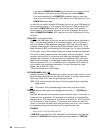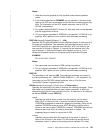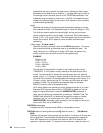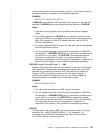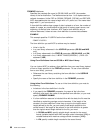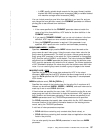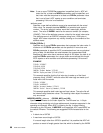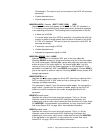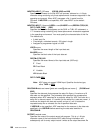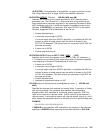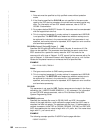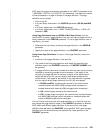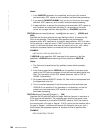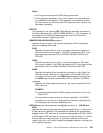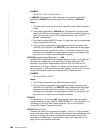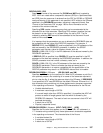
INPUTDD=INPUT |
DDname
(OS/390, MVS and VM)
Specifies the DDname for the file ACIF will process.
ddname
is a 1–8 byte
character string containing only those alphanumeric characters supported in the
operating environment. When ACIF processes a file, it reads from this
DDname. If INPUTDD is not specified, ACIF uses INPUT as the default
DDname.
INPUTDD=INPUT |
filename
(LRECL=
nnnn
,BLKSIZE=
nnnn
,RECFM=F|FB|V|VB,
DEVT=TAPE| DISK) (VSE)
Specifies the file name that appears on the DLBL or TLBL JCL statement, a
1–7 character string containing only those alphanumeric characters supported
in the operating environment. You must specify the characteristics of this file.
The defaults are:
A disk input file
Fixed-length, unblocked records, 133 bytes in length
Assigned to programmer logical unit 006
LRECL=
nnnn
Specifies the record length of the input data set.
BLKSIZE=
nnnn
Specifies the block size of the input data set.
RECFM=F|FB|V|VB
Specifies the record format of the input data set (VSE only).
F Fixed
FB Fixed Block
V Variable
VB Variable Block
DEVT=TAPE|DISK
Note: ACIF does not support VSAM input. Specifies the device type,
either TAPE or DISK
| OBJCONLIB=
data set name1
[,
data set name2
][,
data set name...
] (OS/390 and
| MVS)
| Specifies the data sets that compose the setup file library. A maximum of 8
| data sets can be specified. The parameter also specifies the concatenation
| sequence when ACIF searches for a particular setup file. ACIF first looks for a
| setup file in data set name1. If it cannot find the setup file in data set name1, it
| continues the search with data set name2, and so on, until it locates the
| requested setup file or exhausts the list of specified data sets.
| If USERLIB is also specified, ACIF searches for the resource in the data sets
| specified in the USERLIB before searching the data sets identified in
| OBJCONLIB.
OUTEXIT=
module name
Specifies the name of the output record exit program. This is a 1–8 byte
character name of the load module ACIF loads during initialization and
subsequently call for every output record it writes to the output document file
100 ACIF User’s Guide



